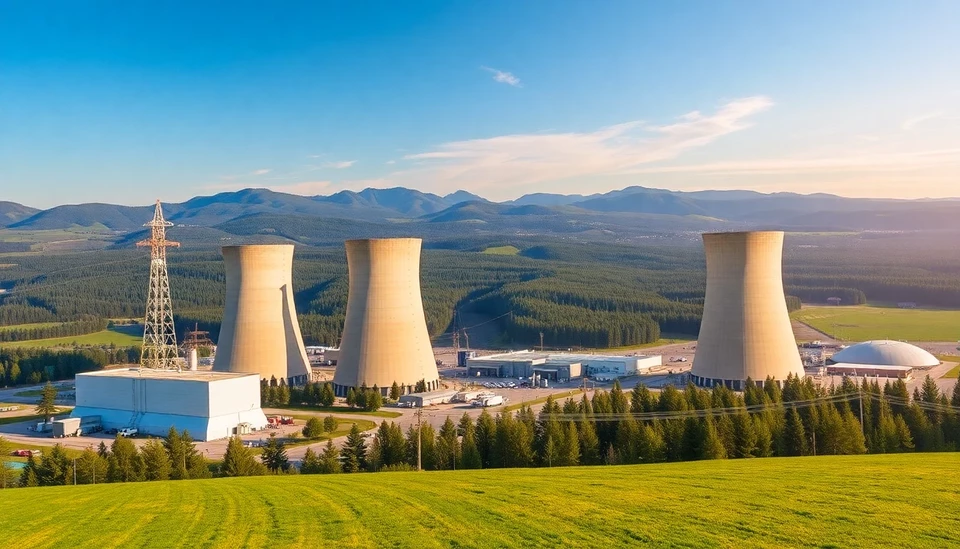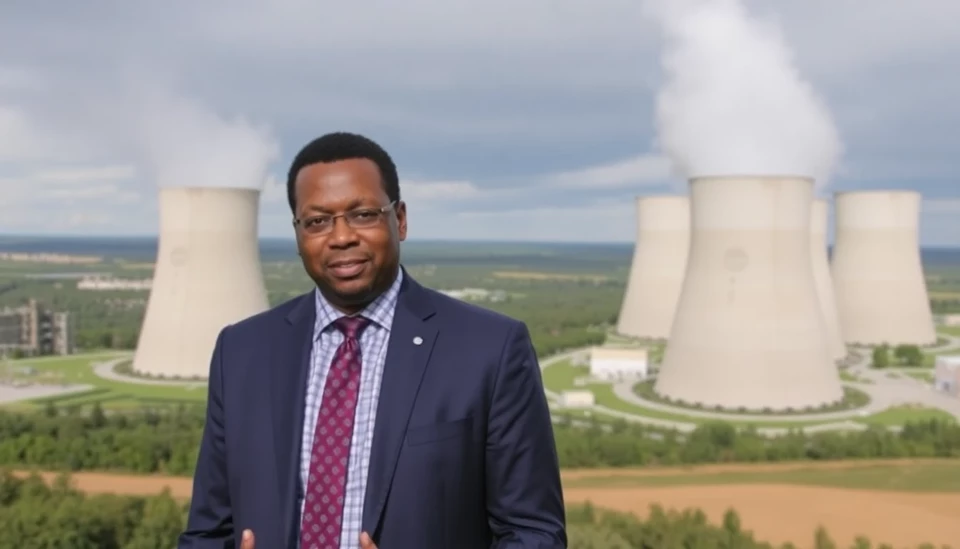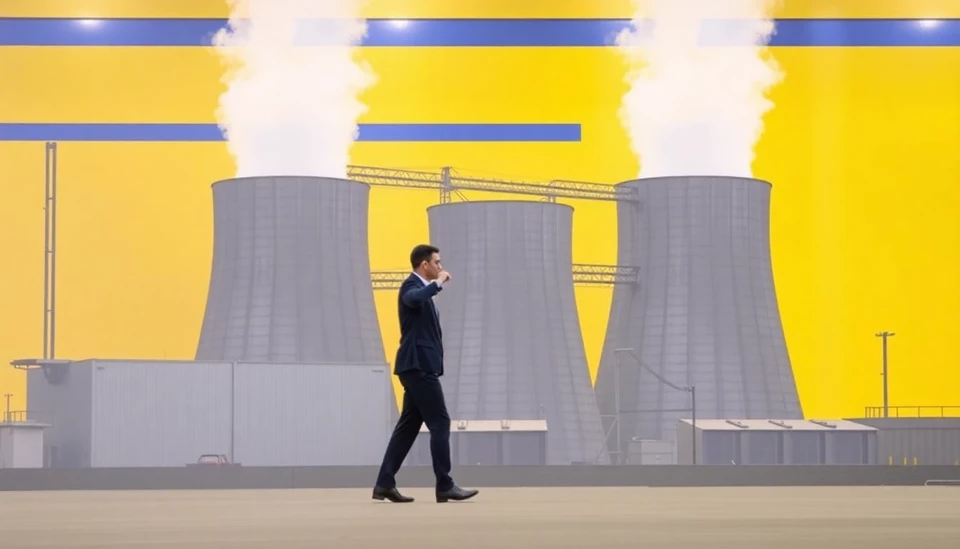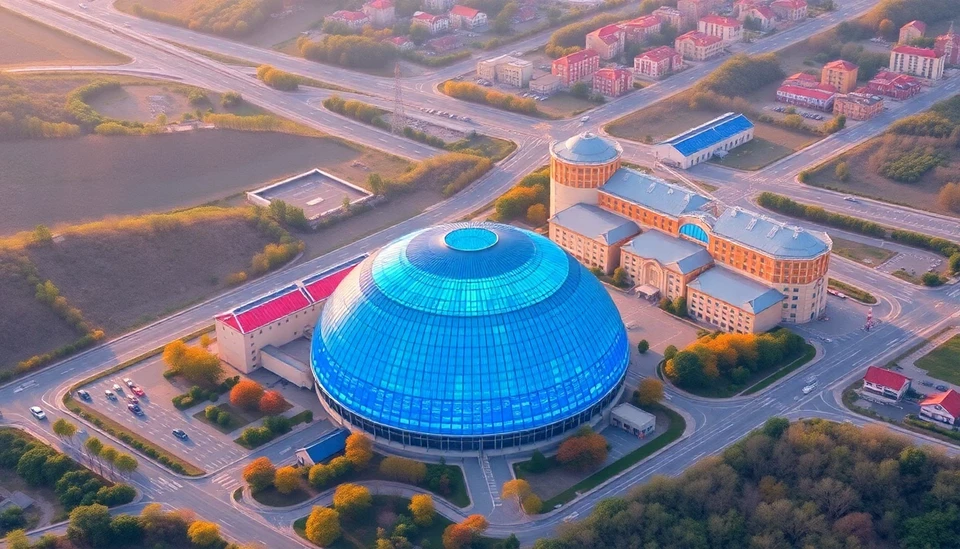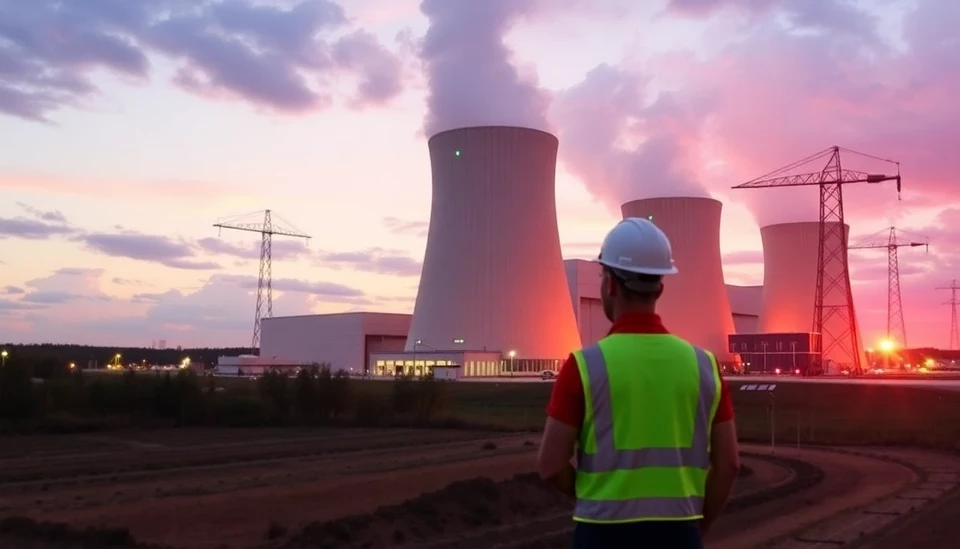
A prominent executive from the company overseeing the construction of a new nuclear power plant in the United States has issued a stark warning regarding the potential financial implications of tariffs on the project's costs. The comments come at a critical time as the United States aims to bolster its energy infrastructure while navigating complex international trade dynamics.
The nuclear plant, which is being developed to support a sustainable and reliable energy grid, faces uncertainties that could escalate construction expenses substantially. Executives from the builder highlighted that current tariff policies could lead to increased prices for materials and equipment crucial to the plant's development. This concern looms larger as the project is designed to play a significant role in the country’s transition to cleaner energy sources, amid growing competition for resources and geopolitical tensions.
In recent discussions, the executive mentioned that heightened tariffs might not only affect immediate costs but could also complicate supply chain logistics, delaying project timelines. These potential setbacks raise questions about the overall viability and economic feasibility of the plant, which is seen as a vital component in the U.S.'s strategy to reduce carbon emissions and secure energy independence.
As the Biden administration pushes for a comprehensive energy plan that embraces nuclear power alongside renewable sources, the challenge remains in managing the external factors that can impact construction and operational costs. The builder has urged policymakers to consider these implications when formulating trade policies that could inadvertently hinder progress in the energy sector.
Moreover, the nuclear industry's recovery from years of stagnation is critical, and any additional financial burdens could deter future investments. The insight from the construction team's leadership adds another layer to the ongoing dialogue about how tariffs and trade policies intersect with domestic energy production strategies.
As the project moves forward, stakeholders across the energy landscape are closely monitoring how these tariff-related issues evolve, emphasizing the need for balanced approaches that support both national energy goals and economic growth.
In conclusion, while the ambition to expand nuclear energy in the U.S. is commendable and necessary, the potential for increased costs due to tariffs could pose significant challenges. The industry must navigate these hurdles carefully to ensure that the shift towards cleaner energy remains on track without compromising economic viability.
#NuclearEnergy #Tariffs #EnergyCosts #Sustainability #USConstruction #CleanEnergyTransition #EnergyPolicy #NuclearPower
Author: Sophie Bennett

